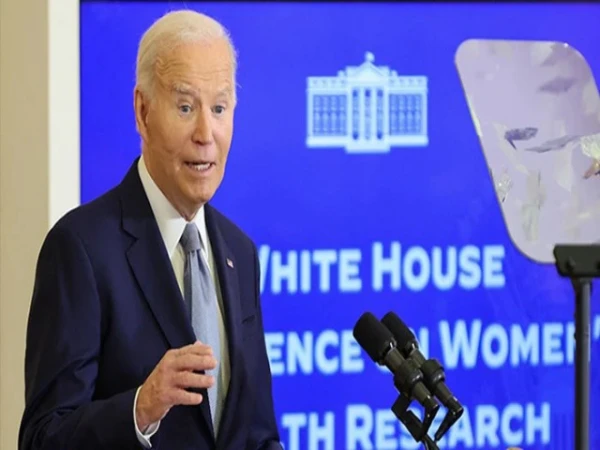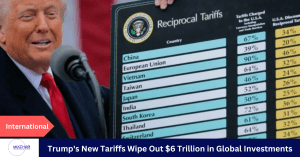Table of Contents
ToggleIn a landmark decision, U.S. President Joe Biden has commuted the sentences of nearly 1,500 individuals in a single day, setting a new precedent in American history. The decision reflects Biden’s commitment to criminal justice reform and his belief in second chances for rehabilitated individuals.
This marks the highest number of sentence commutations by a U.S. president in a single day. Among these cases, President Biden also granted pardons to 39 individuals convicted of non-violent offenses.
Background and Motivation
According to U.S. media reports, the president faced significant political pressure following his controversial decision to pardon his son, Hunter Biden, in a gun and tax-related case. Despite the criticism, Biden emphasized that the commutations were a testament to the value of rehabilitation and remorse.
“I am honored, as President of the United States, to show mercy to those who have demonstrated genuine repentance and successfully reintegrated into their families and communities,” President Biden stated.
Details of the Action
The White House clarified that the commutations apply to individuals who had been serving their sentences under home confinement for at least one year. These individuals had shown notable progress in rebuilding their lives and contributing positively to their communities. Many were originally placed in home confinement during the COVID-19 pandemic.
President Biden acknowledged that these recipients proved they deserved a second chance, having demonstrated their ability to live productive lives outside of incarceration.
Reactions to the Decision
The decision has sparked mixed reactions across the political spectrum. While the White House and advocacy groups such as the American Civil Liberties Union (ACLU) praised the move as a significant step toward reforming the criminal justice system, critics, including some Republicans and Democratic allies, expressed strong opposition.
The ACLU lauded the action, stating, “This is a meaningful step toward addressing systemic inequities in the justice system.” However, some political commentators and opponents argued that the commutations might be perceived as an overreach of presidential power.
Historical Context and Implications
Historically, such clemency actions are not uncommon for outgoing presidents, who often exercise their pardon and commutation powers toward the end of their terms. However, the scale and timing of President Biden’s decision have stirred a broader debate about the role of clemency in addressing broader systemic issues within the U.S. justice system.
While the long-term effects of this decision remain to be seen, it has undoubtedly introduced a fresh layer of controversy into the American political landscape. Some view it as a compassionate move signaling progress, while others criticize it as a potential misuse of executive authority.






